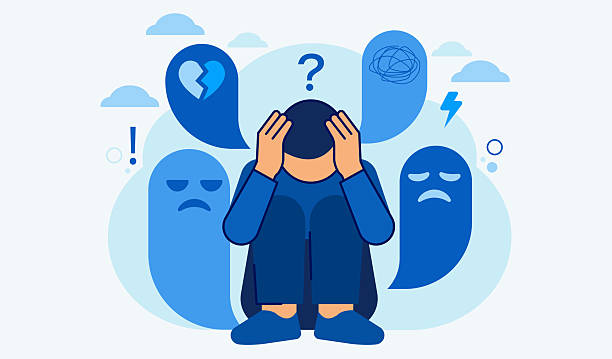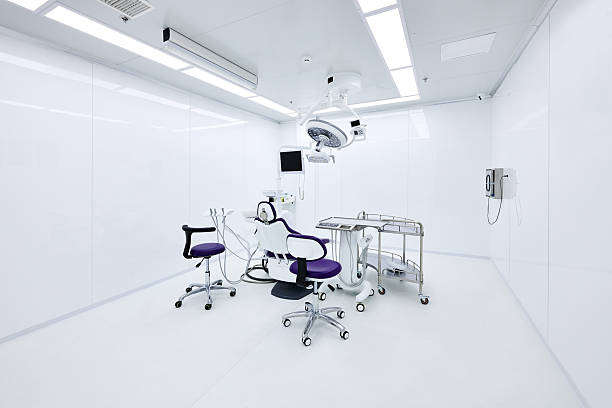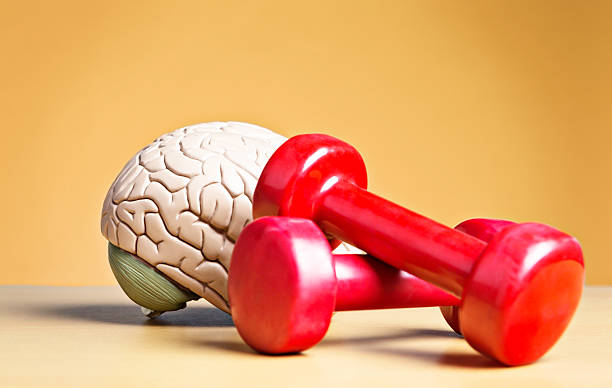Depression is much more than a temporary feeling of sadness or having a bad day. It is a health condition that disrupts daily life, affecting one’s thoughts, feelings, and mental clarity. It’s completely normal to feel down sometimes, but if the low feelings last for weeks or even months, and affect relationships, work, and your overall personal health, those signs may point to more than just feeling low. Learning the symptoms of depression is the first step toward uncovering the problem and getting the help needed for you or a loved one.
Recognizing and diagnosing depression differs from one person to another. While some people may experience depression more as an emotional crisis, others may face challenges related to fatigue and mental blankness more pronounced. Understanding the various symptoms is important so that one can uncover a more accurate picture of their condition and the help available. For more information, visit Common Depression Symptoms, to help gain insight and recognize signs that may be developing.
Contents
Common Depression Symptoms
Among the many symptoms of depression, the emotional ones are the most apparent and often the most troubling experienced by an individual. An individual’s emotional symptoms can manifest as a feeling of sadness, emptiness, or hopelessness that is unrelenting. It can also bring a loss of interest in life and activities that they once enjoyed and experienced pleasure in.
A major indication of depression is having a loss of interest or pleasure in life. This is called anhedonia. It can cause even the simplest and easiest tasks to lose all of their value. People may also experience intense feelings of guilt or worthlessness and may blame themselves for something that is beyond their control. Anger and emotional outbursts can happen, especially when the person feels messed with or the person is feeling a lot.
Moving emotionally to other aspects, it is important to know that depression does not affect only our feelings. It affects the body as well.
Introduction to Depression Symptoms
Depression does not only live in the mind. It can also affect the body. People with depression can have fatigue, a change in sleep, and achy, sore muscles. Other people can sleep a lot, while others will have no sleep, leading to chronic exhaustion.
A sudden change in appetite is also a common depression symptoms. People can lose their appetite and lose weight, while some people will gain weight by eating, and some people will eat just to lose weight. Having depression can cause digestive problems, headaches, and muscle tension that can get worse when having stress.
Once you notice that symptoms continue to show even with medical treatment, ask yourself if the signs could be emotional or psychological. Understanding this mind-body connection may broaden integrative treatment options.
Emotional Symptoms of Depression
An individual suffering from depression may experience a ‘brain fog’ that has an impact on thinking and other mental processes. It may be increasingly difficult to concentrate, make decisions, and remember certain pieces of information. Work, school, or the entire day may be focused on overwhelming tasks and mental obstacles that hinder even the most basic of activities.
Negative thinking patterns are also common in depression. Individuals may view themselves and their future in very distorted and self-defeating ways. They will more than likely expect the most dismal outcomes, and this may even strengthen their feelings of hopelessness and despair.
Over time, this ‘brain fog’ may lead to frustration and a break in the will to act. In the long run, the decline in emotional and physical health may be prevented by recognizing this cognitive decline early. Activities like therapy, mindfulness, and even the simple act of having a routine may help regain the much-needed mental clarity.
Physical Symptoms of Depression
Changes in behavior are some of the most noticeable common depression symptoms to friends and family. Someone who used to love being around people may start to isolate themselves, skipping calls and social events. They may also start to procrastinate and completely neglect responsibilities at home, school, or work.
Some people may turn to alcohol or drugs to cope with their depression. Taking dangerous risks, being moody, and losing the ability to rest are signs of depression as well. All of these behaviors most likely mean that the person has some unresolved mental suffering.
Watching someone spiral into depression is painful, and so is witnessing it in silence. Fortunately, there is help available, and it often makes a huge difference. The sooner help is provided, the more likely the person will recover.
Recognizing Depression in Different Age Groups
Depression can affect people of all ages, including older adults and children. However, common depression symptoms may vary with age and life stage.
For kids and teens, depression can show up as irritability, difficulty in school, and pulling away from family and friends. They may show anxious behaviors and may have drastic changes in their eating and sleeping patterns. Since kids and adolescents tend not to be very emotionally articulate, early intervention is very helpful.
For grown-ups, it can be more classic and include enduring sadness, low motivation, and fatigue. With depression, older adults may also exhibit symptoms that can be mistaken for aging, like increased social withdrawal, forgetfulness, and loss of participation in hobbies.
Knowing and understanding these differences is very important in providing help that is appropriate for the situation. It is critical to note that depression can also manifest as detachment, anger, or other physical symptoms.
When to Seek Help
Learning the common depression symptoms is crucial, and the next step is taking action to ensure recovery is possible. When symptoms persist for more than two weeks or begin to impact daily functioning, it may be time to reach for help.
Whether through therapy or medication, trained mental health professionals are able to analyze one’s condition as well as direct them to appropriate care. Different therapy methods, such as cognitive behavioral therapy (CBT) or dialectical behavior therapy (DBT), as well as other therapy methods, can assist individuals in restoring emotional stability and learn to cope with various challenges.
Having supportive family and friends can be important as well. Being able to talk freely about one’s mental health can eliminate harmful stigmas and persuade individuals to seek help. Starting treatment for depression can have a significantly positive effect on a person’s outcome.
Conclusion
Recognizing depression symptoms greatly helps people take the necessary steps in treating the condition. Elements such as constant emotional strain, physical tiredness, and a change in thinking can be clear warning signs that need early attention to help avoid a decline in one’s condition.
Community help, as well as professional care, are important in treatment for depression if someone wants to regain their life. Lonestar is there to provide treatment for depression and deliver evidence to patients based on their needs. For residents of Texas, it claims to provide expert and compassionate care to help patients restore hope, healing, and stability.




